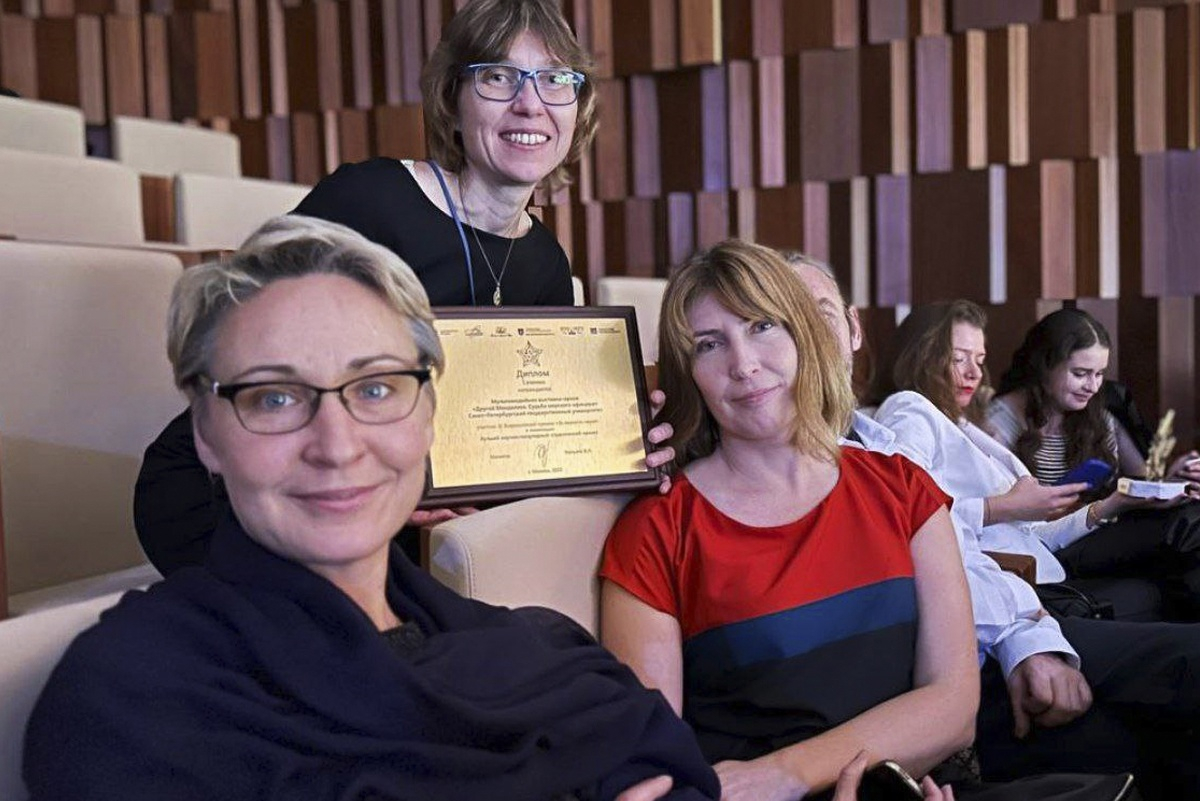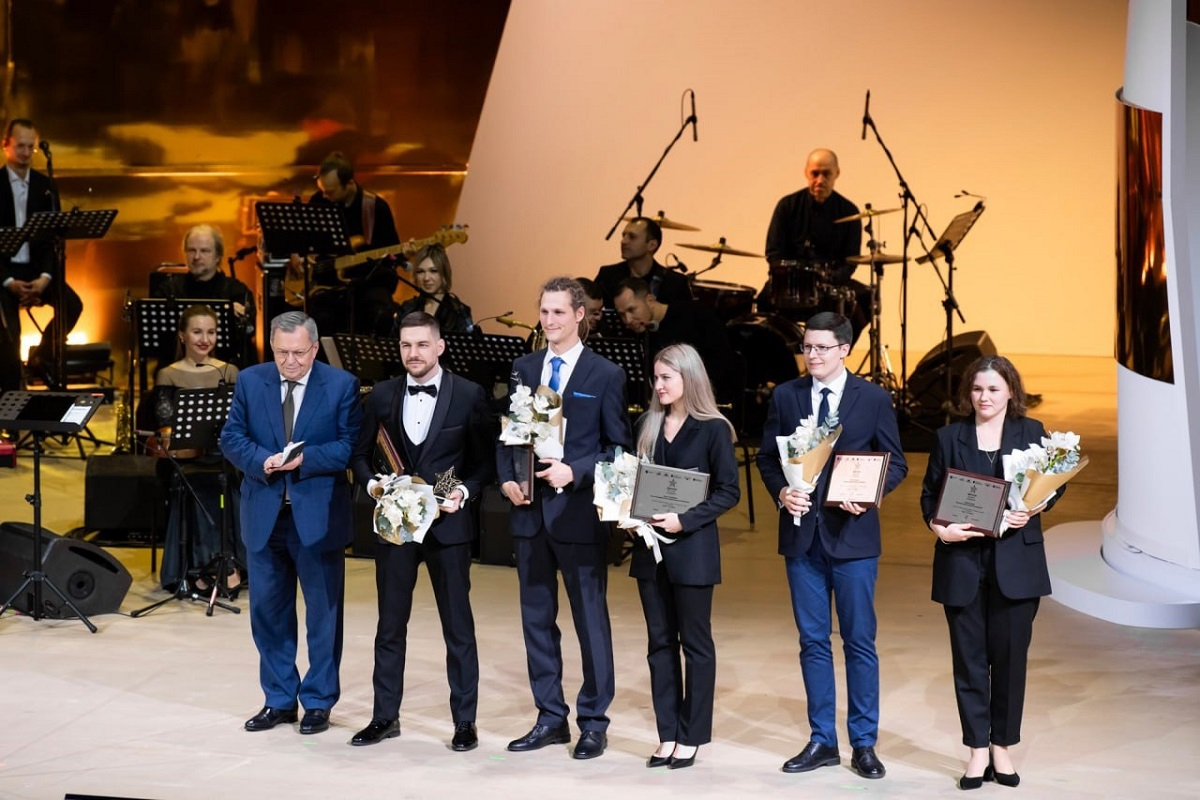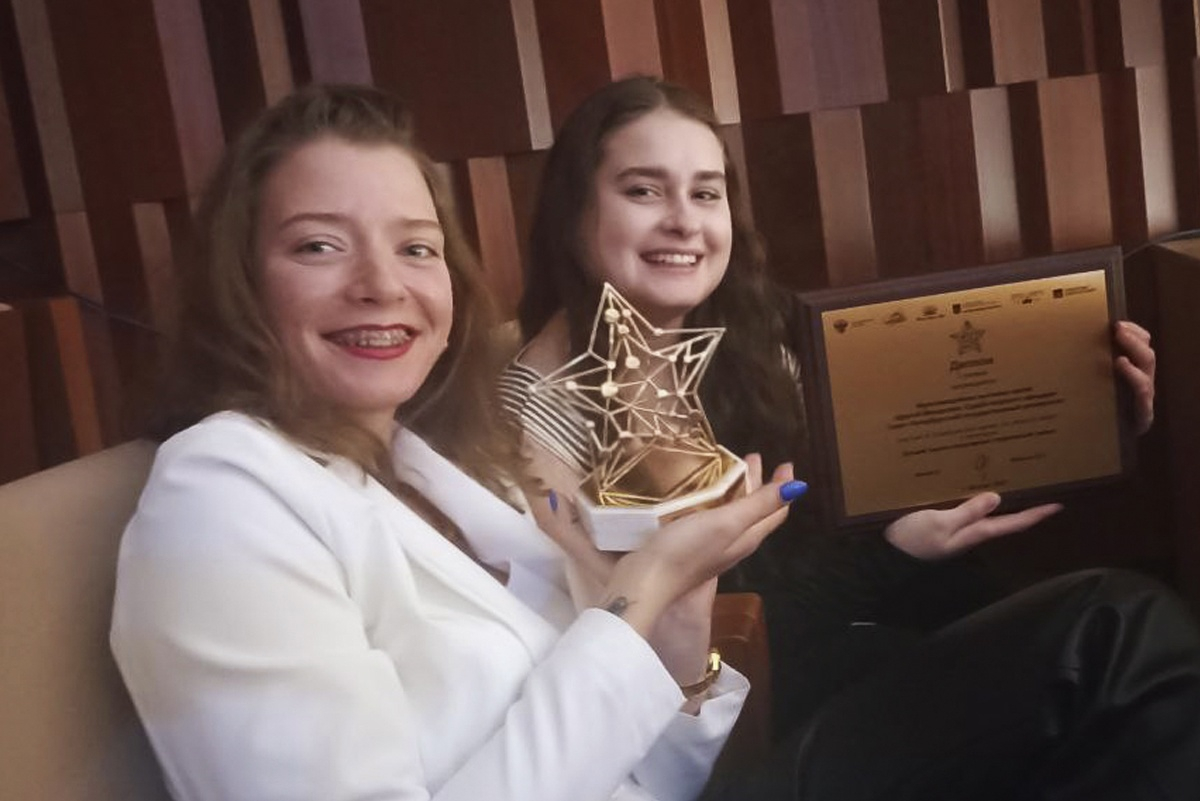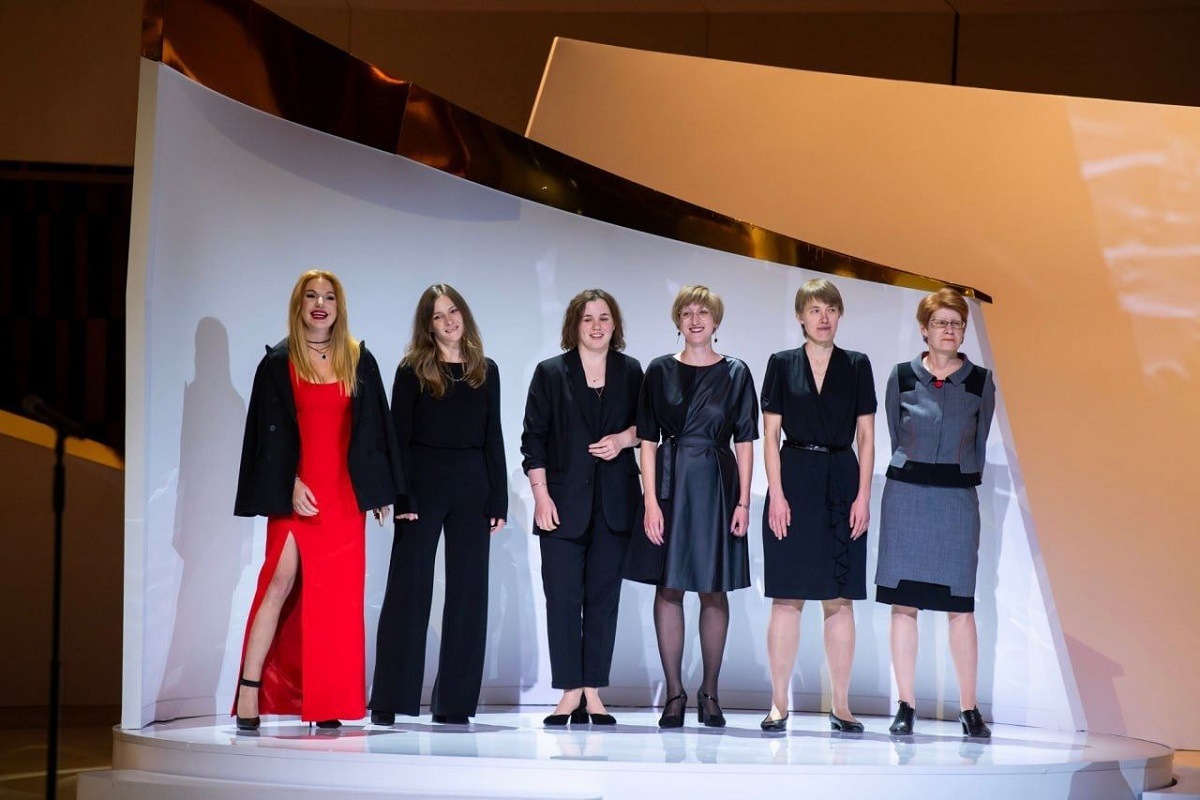Exhibition about Mendeleev at St Petersburg University — winner of the for Fidelity to Science Award
Moscow has hosted the awarding ceremony of winners and awardees of the 9th All-Russian Award for Fidelity to Science of the Ministry of Science and Higher Education of the Russian Federation. The project of St Petersburg University "Unknown Mendeleev. The Life of a Naval Officer" won in the nomination "The best popular science student project". Irina Timofeeva, Professor of St Petersburg University, took third place in the nomination "Science is fashionable". The University’s Press Service became a finalist of the award.
The All-Russian Award for Fidelity to Science was established by the Ministry of Science and Higher Education of the Russian Federation in 2015. It is awarded annually for outstanding achievements in popularising science and the achievements of Russian scholars.
In 2023, more than 1,200 applications were submitted for participation in 14 nominations from 78 regions of Russia.
The best popular science student project of the year was the exhibition-archive "Unknown Mendeleev. The life of a naval officer" prepared by students of St Petersburg University Daria Kozlova, Timur Sirazetdinov, Anna Sokolova and Anna Chernysheva under the supervision of Anna Zyrianova, Associate Professor of St Petersburg University. The project is dedicated to the life of Vladimir Mendeleev, the eldest son of the famous chemist who worked at the University.
In 2023, the award is held as part of the Decade of Science and Technology announced by the President of Russia. Earlier, the Russian Ministry of Education and Science published the shortlist, which included three projects of St Petersburg University.
The exhibition was opened on the cruiser "Aurora" in honour of the celebration of the Day of the Russian Navy. When preparing the project, students in the master’s programme "Graphic Design" used documents from the Dmitri Mendeleev Museum and Archives of St Petersburg University and materials from photo albums kept in the Central Naval Museum. The exhibition is based on extracts from the memoirs of Dmitri Mendeleev’s daughter Olga, true stories told in the first person: Vladimir’s letters to his father, written while serving on the cruiser "Memory of Azov". As the authors of the project noted, they plan to supplement and develop the virtual exhibition-archive.
Irina Timofeeva, Professor of St Petersburg University, winner of the Russian President’s Prize in Science and Innovation for Young Scientists, took third place in the nomination "Science is fashionable", presenting her popular science project on environmentally friendly chemical analysis. The project included popular science lectures and workshops, from which schoolchildren and students will get an idea of the peculiarities of chemical analysis and learn what stereotypes about the toxicity and danger of analytical chemistry are based on. Additionally, the programme developed by Irina Timofeeva will introduce young scientists to the current green trend which focuses on the safety, rapidity and environmental friendliness of chemical analysis.
Irina Timofeeva is Professor in the Department of Analytical Chemistry at St Petersburg University. For many years, she has been developing new methods of chemical analysis, which make it possible to reduce the harmful effects of various types of products on the environment. For example, Professor Timofeeva recently conducted a study of fluoroquinolone antibiotics, which can be dangerous to human health, as well as harmful preservatives contained in beverages.
The Press Service of St Petersburg University was also a finalist in the nomination "Scientific Press Service of the Year". Employees of the University’s Press Service are engaged in popularisation of scientific research and developments of the University scholars in various fields, including today’s most topical ones such as: artificial intelligence, neurobiology, palaeontology, and mineralogy.
Over the last year, more than 90 scientific releases about the research conducted at St Petersburg University were published. The total readership of these publications was more than 470 million people.





